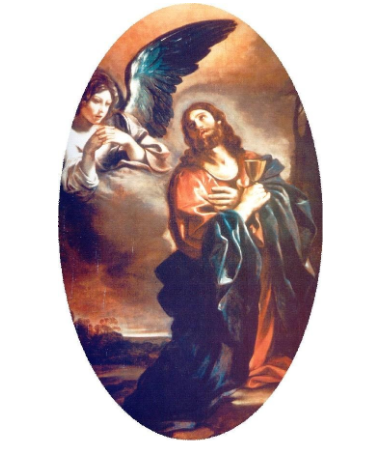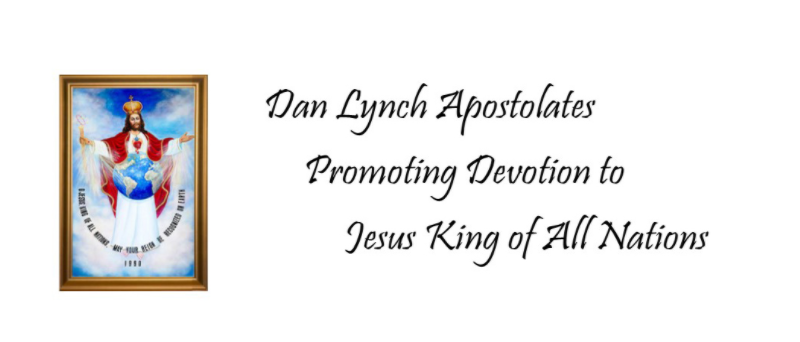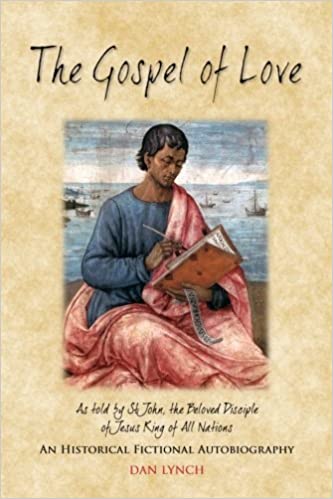The Meaning of the Lord’s Passion …”The Passion of the Lord didn’t just happen by chance. It is part of the mystery of God’s plan.”
Dan Lynch
March 25, 2021
This Sunday we celebrate what is commonly known as Palm Sunday. The correct title is Palm Sunday of the Passion of the Lord, because it celebrates not only Jesus’ triumphal entry into Jerusalem riding on a colt alongside a crowd of people honoring Him by waving palms, but it also celebrates the beginning of Holy Week and the Passion of the Lord.
The Passion of the Lord didn’t just happen by chance. It is part of the mystery of God’s plan, as St. Peter explains in his first sermon on Pentecost, “This Jesus [was] delivered up according to the definite plan and foreknowledge of God.” (Acts 2:23).
But this doesn’t mean that those who caused His Passion were just puppets carrying out God’s plan on His strings. They were free to do what they did and God permitted it. The Catechism of The Catholic Church (CCC) teaches, “To God, all moments of time are present in their immediacy. When therefore He establishes His eternal plan of “predestination,” He includes in it each person’s free response to His grace.” (CCC 600). So, for the sake of accomplishing His plan of salvation, God permitted the acts that flowed from the blindness of Pontius Pilate, King Herod, the soldiers and the crowd. But it wasn’t just them that caused the Lord’s Passion.

“Abba, Father, all things are possible to you; remove this cup from me.
Yet not my will but yours be done.” (Mk. 14:36 ).
The Church teaches that sinners in the past, as well as sinners today, caused the Lord’s Passion. “We must regard as guilty all those who continue to relapse into their sins. Since our sins made the Lord Christ suffer the torment of the Cross, those who plunge themselves into disorders and crimes crucify the Son of God anew in their hearts (for He is in them) and hold Him up to contempt.” (CCC 598).
The prophet Isaiah foretold God’s divine plan of salvation through the putting to death of “the righteous one, my Servant” as a mystery that would free all humanity from the slavery of sin. (Is. 53). “Jesus’ redemptive death fulfills Isaiah’s prophecy of the suffering Servant.” (CCC 601).
John the Baptist looked at Jesus when he baptized Him and pointed Him out as the “Lamb of God, who takes away the sin of the world.” (Jn. 1:29). “By doing so, he reveals that Jesus is at the same time the suffering Servant who silently allows Himself to be led to the slaughter and who bears the sin of the multitudes, and also the Paschal Lamb, the symbol of Israel’s redemption at the first Passover. Christ’s whole life expresses His mission: “to serve and to give His life as a ransom for many.” (Mk. 10:45; CCC 608).
“By embracing in His human heart the Father’s love for men, Jesus ‘loved them to the end,’ for ‘greater love has no man than this, that a man lay down His life for His friends.’ (Jn. 15:13) . . . Jesus freely accepted His Passion and death: ‘No one takes [my life] from me, but I lay it down of my own accord.’ (Jn. 10:18). Hence the sovereign freedom of God’s Son as He went out to His death.” (CCC 609).
“By his obedience unto death, Jesus accomplished the substitution of the suffering Servant of Isaiah, who ‘makes himself an offering for sin,’ when ‘He bore the sin of many,’ and who ‘shall make many to be accounted righteous,’ for “He shall bear their iniquities.’” (Is. 53:10-12; CCC 615).
“It is love ‘to the end’ that confers on Christ’s sacrifice its value as redemption and reparation, as atonement and satisfaction. He knew and loved us all when He offered His life. . . . No man, not even the holiest, was ever able to take on himself the sins of all men and offer himself as a sacrifice for all. The existence in Christ of the divine person of the Son, who at once surpasses and embraces all human persons and constitutes Himself as the head of all mankind, makes possible His redemptive sacrifice for all.” (CCC 616).
Read the complete story of the Passion of the Lord in my book the Gospel of Love, an historical fictional autobiography of St. John, the Beloved Disciple of Jesus King of All Nations. It’s the Gospel story written from John’s own point of view. While reading your way through it, you will feel like you are right there with John in 1st century Israel and Ephesus.
“You will experience John’s life as if you were with him nearly 2000 years ago. You will experience John’s innermost thoughts and doubts as he struggles to accept Jesus Christ as the Messiah, the Son of Man and the Son of God, and His teachings that constitute the Gospel of Love. More importantly, you will come away with a deeper understanding of how the Gospel of Love taught by Jesus affected John’s character and growth in sanctity and how its reading can do the same for you.
“Our thanks to Dan Lynch for this inspiring work!”
— Fr. Peter M. Damien Fehlner F.F.I., S.T.D., Author and Theologian
Dan Lynch Apostolates promoting devotion to
Our Lady of Guadalupe, Jesus King of All Nations,
Our Lady of America and Saint John Paul II
144 Sheldon Road, St. Albans, VT 05478
Phone: 802-524-5350
Visit our website at www.JKMI.com
E-Mail Us at JKMI@JKMI.com
The Dan Lynch Apostolates’ Facebook Page
We’re now on Twitter! Visit Us!






